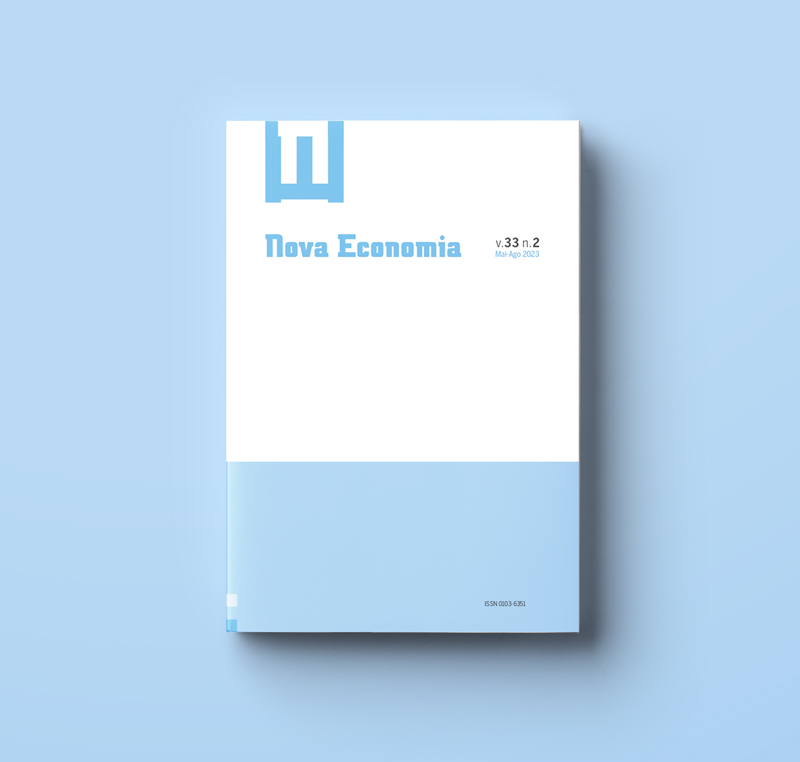Push and pull determinants of the country risk premium for emerging economies: an econometric appraisal
Abstract
This article aims to identify the main determinants of the country risk premiums CDS 5 Years and EMBI+ for eight emerging economies. Econometric estimations relied on autoregressive GMM (time series) and GMM-DIFF (panel data). The analysis period is 2003-2019 and depends on the country and the data availability (monthly and quarterly data). We have tested push (exogenous) and pull (country-specifics) regressors. The empirical results have shown that some push factors have significant effects, which indicates that the global financial and trade cycles play an essential role in determining emerging country risk premiums. However, those economies may mitigate global influences through some internal macroeconomic policies. In our models, the international reserves stock growth rate was the primary statistically significant pull variable, highlighting the importance of external sound accounts for emerging countries.
Keywords: CDS 5 Years, EMBI+, country risk, emerging economies, push and pull factors.
Downloads
Published
How to Cite
Issue
Section
License
Copyright (c) 2023 Daniel Consul de Antoni, Julia de Medeiros Braga

This work is licensed under a Creative Commons Attribution 4.0 International License.
Authors who publish with this journal agree to the following terms:
- Authors retain copyright and grant the journal right of first publication with the work simultaneously licensed under a Creative Commons Attribution 4.0 International License that allows others to share the work with an acknowledgement of the work's authorship and initial publication in this journal.
- Authors are able to enter into separate, additional contractual arrangements for the non-exclusive distribution of the journal's published version of the work (e.g., post it to an institutional repository or publish it in a book), with an acknowledgement of its initial publication in this journal.
- Authors are permitted and encouraged to post their work online (e.g., in institutional repositories or on their website) prior to and during the submission process, as it can lead to productive exchanges, as well as earlier and greater citation of published work (See The Effect of Open Access).




